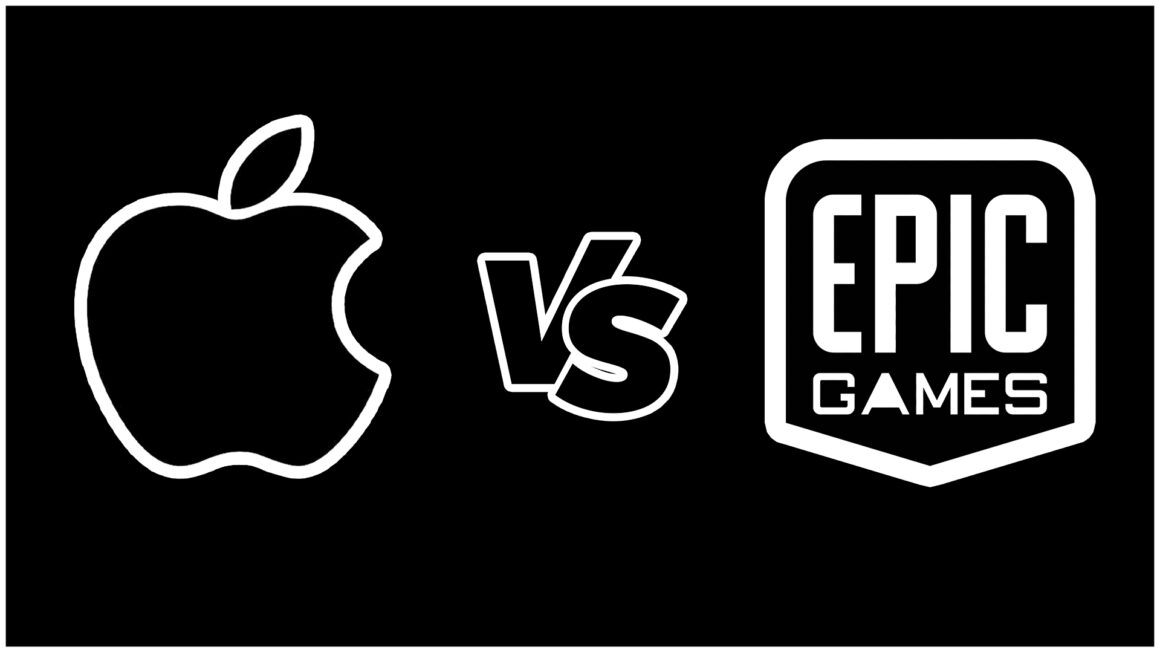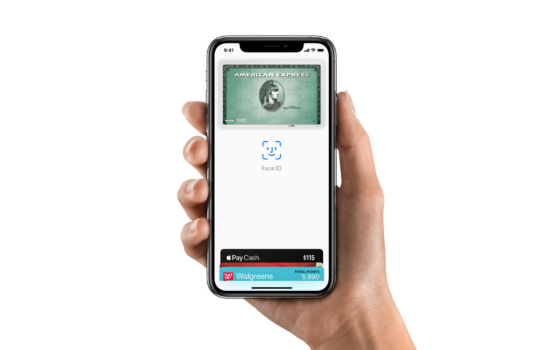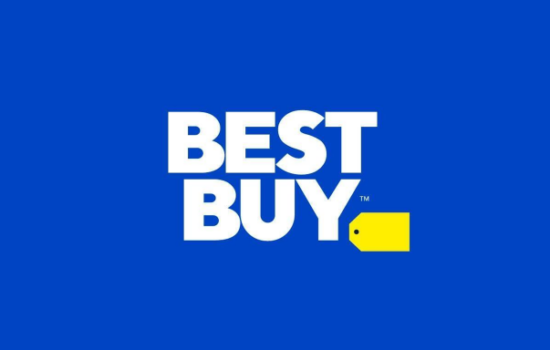If you haven’t been living under a rock, I’m sure that by now, you must have heard of the legal fight between Epic Games and Apple. Considered as an important fight by Epic Games & one of the biggest stories of 2020, let’s take a closer look at this showdown.
In August 2020, Epic Games put forward a lawsuit against Apple, accusing Apple of App Store dominance. More specifically, the 30% cut that Apple takes from any in-app purchases. Epic Games had stated in their lawsuit that it would have launched its own storefront, however, Apple’s policies were a hinderance to their plan. But, lets back up a bit. How did this all start?
The Epic Beginning
On August 13, Epic Games introduced a way to purchase V-Bucks (currency in Fortnite) directly from them, thus, circumventing the 30% cut that Apple takes. Apple quickly took notice of it, and delisted Fortnite from the App Store. Google shortly followed suit by removing the game from the Google Play Store.
However, Epic Games hasn’t stopped there with their lawsuit. They have put in multiple other lawsuits against Apple in other countries such as UK. One could say that Epic Games are being needlessly aggressive with their lawsuits against Apple.
Is 30% too High?

But is a 30% cut too high? Increasingly, there has been a push back against the tech companies’ percentage cut. From consumers to businesses to other tech companies. So much so, that regulators are now starting to probe deeper into Apple’s and Google’s percentage cut.
Philip Shoemaker, who was a former senior App Store executive, compared the App Store’s 30% cut to credit card company cut of 3% and said “I think we’re realizing that 30 percent is way too much”. Further stating that the App Store percentage cut should be closer to what the credit card companies’ percentage cut is.
Facing the ire of the regulators, Apple commissioned a study to show that their percentage cut was similar to other companies’ percentage cuts, such as Nintendo. However, what many fail to understand is that Apple popularized high percentage cut.

What’s at Stake for Apple?
Apple and Google have recently decreased the percentage cut from 30% to 15% but the lawsuits have continued. Though, what is it at stake here? There are 2 different camps when it comes to this legal fight. One side states that Apple should allow other app stores and sideloading of apps. But the other side states that Apple should keep it locked as it is and prevent sideloading of apps. So, who is right? Who is wrong?
There are always 2 sides to a story. Apple is known to be stringent when it comes to privacy and security of their devices. However, if they were to allow other app stores and sideloading of apps, it defeats their company’s main appeals. But it also prevents lawsuits such as the one Epic Games has filed. On the other hand, if Apple prevents sideloading, then they are continually at risk of lawsuits but their main appeal will hold up.
Compromise at its End
If Apple are to be successful in reaching a compromise, then they must re-evaluate their percentage cuts and their tendency to give special treatment to certain companies. As the US lawsuit saga reaches its conclusion on May 3rd this year, let me know in the comments, what you think about the lawsuit? What are your thoughts on the percentage cuts?
Any feedback about the article can be tweeted at me on Twitter, @HasTar2124.








